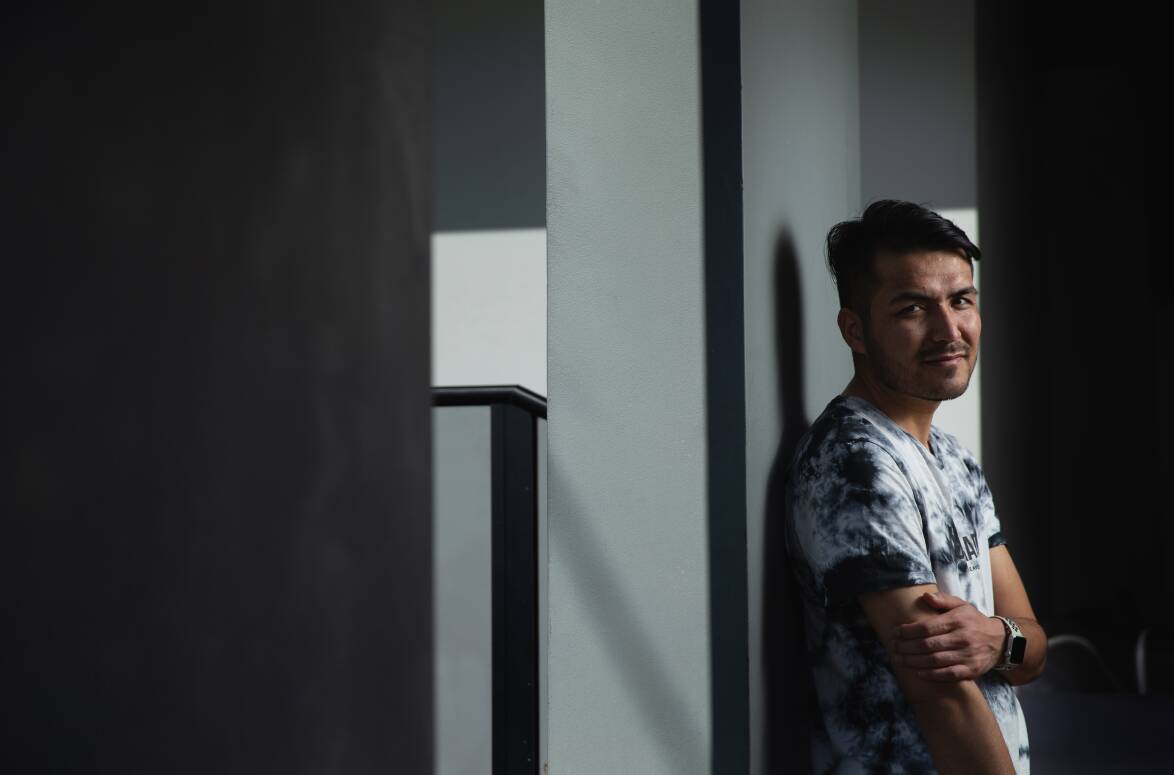
HUNTER man Azim Rasoli felt "numb" after the suicide bombing at an education centre in West Kabul, in his native Afghanistan.
"It is just heartbreaking and we are in shock," Mr Rasoli said.
"It is a tough time for everyone... sometimes there are not words that can describe it."
Accountant Mr Rasoli, 26, is a member of the Hunter Meher Association, which represents the more than 100 members of the Hazara ethnic group living in Newcastle and its surrounds.
The association has invited the broader community to come together at 6pm on Friday at the carriage sheds in Foreshore Park to mourn and remember those killed and injured in the September 30 bombing.
"We will come together holding up banners that say Stop Hazara Genocide, we will also be lighting candles," Mr Rasoli said, adding that it had taken the community a week to process what had happened.
"We can't immediately go and do something about it, we have to sit and calm down because it's so very numbing that we literally can't do anything," he said.
"We do talk and that's why we organise events like this, to come together and hopefully we can get some support from other communities too."
The bombing in the predominantly Hazara community killed at least 53 people, mostly Hazara women and girls.
There have since been reports that the Taliban beat and shot at women protesting against the attack.
The UN Special Rapporteur on the situation of human rights in Afghanistan, Richard Bennett, wrote in a September 9 report that Hazara were historically one of the most severely persecuted groups in Afghanistan and subjected to multiple forms of discrimination, negatively affecting their human, economic, social and cultural rights.
He said attacks and the historical persecution of Hazara and other minorities appeared to be systematic in nature and reflected elements of an organisational policy, "thus bearing hallmarks of international crimes, including crimes against humanity".
"The de facto authorities have a duty to protect the whole population of Afghanistan," Mr Bennett wrote.
"This includes safeguarding schools, places of worship and other locations frequented by [people] of ethno-religious minorities against attacks."
Mr Rasoli said the Hazara were "demanding for this genocide to be recognised".
"We are asking the international community and international power to help us recognise Hazara genocide and put an end to these acts of terror that have been happening for far too long," he said.
Mr Rasoli fled Afghanistan on his own aged 17 in search of safety and spent almost five years in Indonesia, where the United Nations helped him apply for a visa for Australia.
"We just fear for [relatives still there], we're afraid about what's coming next, it's like every time things like this happen we just worry about what is coming next, what if my family is next - it's always in the back of our heads," he said.
"I do talk to [my parents] a lot because especially at a time like this we need each other's support, we have to call them and give them moral support because they are going through a tough time too."







